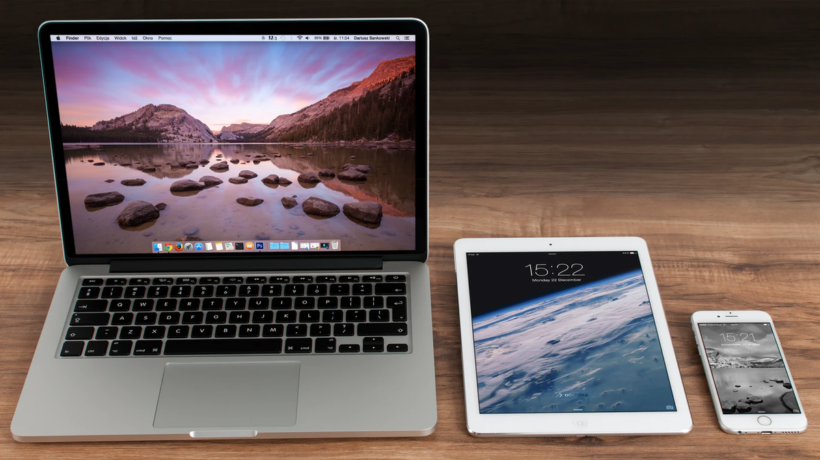In 2017, a Greenpeace report revealed that more than 7 billion smartphones had been manufactured ever since the first Apple’s first iPhone came into the market. This partly meant that at the time, if every smartphone ever made was still operational, there would have been roughly enough for every person on the planet.
It is estimated that an average phone is used for just over two years, despite the fact it can function for longer. Most users replace their phones – either because they are up for a new contract and the new phone appears to be free or because of a single failing part, such as the screen or battery, that’s too complicated or expensive for the average person to repair.
This tells us that there’s more than enough smartphones to ensure that every person has a smartphone. Yet, we know there’s a significant number of people who still lack access to these devices. This is true for matric learners from a school in the Western Cape, Hector Peterson Secondary school. Recently, the principal of the school, Mr Mike Mavovana, shared the sad reality that some of the matric learners in his school have no access to digital devices necessary to access school material. Under normal circumstances this would have been fine, however, Covid-19 means that going to a school building is a risk for some learners.The only way therefore for them to access learning and interact with teachers and learners is through online means. Sadly, in the absence of digital devices, some of these learners will struggle to complete their matric school programme.
The learners at Hector Peterson Secondary school are just a small sample of learners across South Africa who cannot access learning material even if there are school e-learning platforms.
In view of this challenge, Fast Company (SA) is piloting a campaign with Hector Peterson Secondary to invite readers to share their unused devices with these learners.
Many people today keep older devices at home which can become a useful resource for many learners across South Africa.
Interested readers are invited to join us in assisting learners from Hector Peterson Secondary school to access devices and continue to access learning material from home. If this model works for Hector Peterson Secondary school, Fast Company (SA) will consider rolling it out to other schools where there’s a need.
Covid-19 is an opportunity to bridge the digital divide in school. Fast Company (SA) is therefore inviting you to support the #DigitalBridge pilot programme to ensure that matric learners at Hector Peterson Secondary School can continue to learn.
To donate a device to Hector Peterson Secondary school readers can send an email to: [email protected]
You can also indicate your interest to donate a device on Twitter via the hashtag #DigitalBridge.







